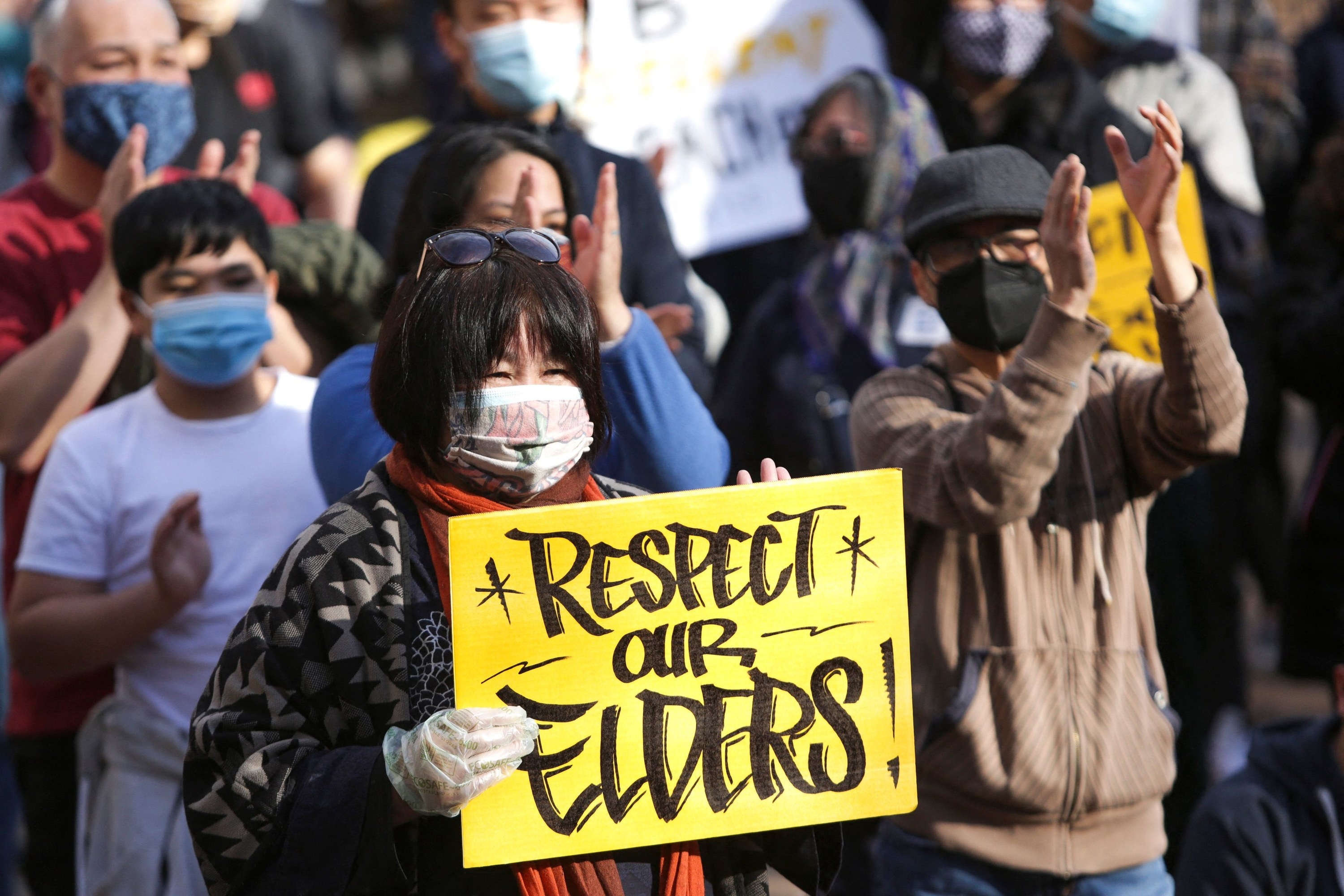Table of Content
A copy of the current informed consent document and any other supporting documentation must be included for review. This event will usually trigger a modification of the protocol and related documents. All resulting modifications to the protocol must be approved by the IRB. If the category is determined to beExpedited, we will work with you to prepare and revise your protocol for a designee of the IRB, which is currently the IRB Chair.

The IRB include a number of qualitative researchers, as well as non-scientists and those engaged in quantitative research. Community members are included to provide a non-SFSU perspective on university research. The IRB cannot meet without at least one non-scientist present. Non-exempt protocols will go to the committee for a full review, once all revisions have been submitted by the researcher.
Phone Hours:
To avoid any appearance that the researcher may be seen to be "dispensing" supplements, we have adopted a procedure similar to that used at the University of California, San Francisco. This procedure involves having the supplements and the placebos and their directions out on the table, and potential volunteers are told they may choose to take the supplements, if they wish. All other deceptive research will be reviewed as"Non-exempt with Full Committee Review." Research employing deception may not be reviewed as "Exempt." Student advisors have let us know in the past if they were afraid a student's research was going off in an unapproved direction, or hadn't been explained fully, and we have worked with the student to correct the errors, or incorporate the modification as approved. Researchers are expected to adhere to the protocol and consent documents that were approved by the Institutional Review Board or Human and Animal Protections.
It also has 16 credential programs, 57 certificate programs and doctorate, Ph.D. and clinical doctorate programs. Our world-class academics, vibrant campus life and unique urban setting draw students from across California, the nation and the world. Take a tour with us virtually or in-person and see for yourself. Using the Degree Progress Report — useful as a current snapshot of your completed, in-progress, and not yet completed requirements. Once you have identified the GE and University requirements that will be completed by the end of this semester , you will list all of the requirements that are still "To Do" in the box for Step 3 on your Class Planner worksheet. Various events and workshops are offered to help you with your academic success.
Tips on Your Protocol
Take a dip in the Activity Pool, swim some laps in the Lap Pool, or check out our upcoming events and information about our Aquatics program. Return revisions in a timely manner, because they are reviewed in the order they are received. Please check with the office if you haven't heard that your protocol or revisions have been received.

The committee can request a validation of the literature by either Human and Animal Protections, if appropriate personnel are available, or by an outside consultant. FDA regulates dietary supplements as foods, and not as drugs. True "informed consent" cannot be given if the true nature of the research is deceptively presented. One of the IRB's responsibilities is to monitor research, especially the recruiting and consent processes and documents. The person signing the permission letter must also know what your research topic and title are. Frequently it is easier for you to write the letter for them, have their office copy it on school or agency letterhead, and then have the director or principal/assistant principal sign it.
Safety of the supplement and its proposed use (population and dose)
Protocol approvals expire one year from the date of the full IRB meeting at which the protocol was approved or contingently approved. Serious and Significantadverse events must be reported to HAP as soon as possible for the protection of the research volunteer, but within at least 5 working days using the Serious/Significant Adverse Event Report Form. This form must be completed and signed by the Principal Investigator, although an electronic notification from the PI is acceptable with a signed, hard-copy follow-up. The report will include actions taken to mitigate the current adverse event and to avoid the adverse event in the future, if appropriate.

This page contains all student information ranging from academic calendar dates/deadlines for each semester, financial aid, fees, payment methods, 1098-T tax information, refund guidelines, FAQs, forms/documents, and policies/procedures. Protocols to be reviewed are provided to IRB members the week before the meeting, so they will have time to review. Protocols are pre-reviewed on a rolling basis, in the order in which they were received, and placed on an agenda when all revisions have been received and approved. Please note that all protocols submitted to the committee go through a pre-review process and a revision cycle before being placed on a meeting agenda.
The IRB can give full approval, contingent approval , or can defer your protocol for serious substantive changes. If the protocol is deferred, the revisions will have to return to the committee for approval. If given contingent approval, the revisions can be approved in the office and signed by one of the committee chairs. You have not been fully approved until you receive the official letter of approval from the IRB office.When is the date of approval?
The value of the prize or the amount of money given should not be coercive. That is, participants should not be likely to fill out the survey only for a chance to win. Researchers should consider their target population and the average socioeconomic status of the participants when determining the prize amount/value.
These deviations can be reviewed in HAP; they may or may not require a modification . We suggest that students planning non-exempt research projects turn in their protocols prior to the department and university deadlines to accommodate the revision cycle during the pre-deadline periods. For instance, submitting a non-exempt protocol to the Grad Studies office in September or early October will assure that the IRB will review it and any requested changes or clarifications before the end of the semester. Although the committee usually does not require changes to a researcher's study design, it does have the prerogative to do so when the design contributes to the risk encountered by the subject. For dietary supplement research, the committee may request changes in the design to either reduce the risk to the volunteer or increase the benefit of the research to justify additional risk. Non-exempt protocols will receive an official letter of approval with the protocol number, date of approval, and an expiration date.
Disclaimers should be included on consent forms for the fact that the supplement has not been approved by the FDA and "this study is not affiliated with a medical center treatment or trial (and drug or supplement company, if appropriate. Certain medications being taken by a potential volunteer may result in their exclusion from the study. These medications should be pre-determined by the researcher by a thorough review of the relevant clinical research literature and they should be specifically listed on the health history/screening questionnaire. A signed, adequate health history/screening questionnaire will be required to reduce the risk to volunteers by screening out potential high risk volunteers. This timeline is contingent upon receipt of a full protocol package and quick responses from the researcher. During our "high season," that is, between November 1 and February 1, when we receive the bulk of protocols from spring graduates, review can take longer due to full IRB agendas.
The investigator must have the opportunity to respond to the committee in writing or in person. The investigator may resubmit a protocol to the IRB for review if the reasons given for disapproval can be corrected and addressed. When the research is approved, the IRB will send an email with approval letter attached to the investigator. The letter will state the approval date, expiration date and terms of approval.
Date of approval will be the date of the full committee review, regardless of when your final changes were accepted and approved. The letter will be in PDF format and attached to an e-mail message. The final letter of approval to the investigator will be dated the same date as the convened committee issued conditional approval, regardless of when the revisions are received and approved. To state this differently, the expiration date will be one year from the date of the full committee meeting at which conditional approval was granted.
Use your Class Planner worksheet to place checkmarks next to those requirements, as they will be complete by the end of this semester. All policies and procedures for students relating to the Bursar's Office can be found here. A list of all bursar forms, documents, policies, and procedures can be found through these two pages. Tell the IRB and the volunteerswhen,where, andhow longthe research will be, and exactlywhatthey will experience during the research procedures. Tell them what you would like to know before volunteering as a research volunteer.

No comments:
Post a Comment